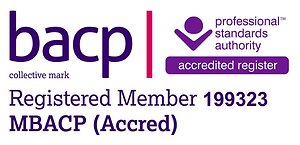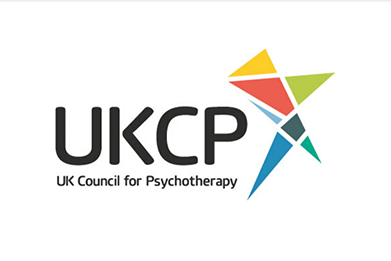Frequently Asked Questions
What will happen in my first session?
The first session is an important opportunity for you to find out who I am and whether you feel happy to work with me. We will talk about why you are seeking counselling, how long you envisage your counselling journey might be, how counselling might fit into your weekly routine and how you feel in the counselling room. If I think you would be better helped by someone with a different training or approach, I will try to give you a useful onward referral.
How do I know what kind of therapy to have?
Counsellors identify themselves by describing the model or method of training they have received but the quality of relationship between therapist and client is proven to be the most powerful agent of change.
Broadly speaking person-centred counselling puts the client themselves at the centre of the work and believes that they have the answers to their own problems or dilemmas. The counsellor works as a facilitator or witness to this process and offers their attention and empathy throughout the process which can be immensely powerful and liberating.
Psychodynamic practitioners work with what is in the client's unconscious mind and may offer their own interpretations based on principles from that modality which originated in the work of Freud.
Relational psychotherapy simply encompasses all of the responses and communications both conscious and unconscious, bodily and emotional that occur between client and therapist as two human beings in a room engaged in a therapeutic dialogue. It requires the therapist to be present in the therapy as an active participant and not just as a 'body of knowledge.'
CBT or cognitive behaviour therapy is a practical and solution-focussed short term therapy which helps the client to address immediate problems often by setting targets or refocussing thinking.
Integrative practitioners use ideas and approaches from whichever modality seems suited to the work and the client at that time. They have had a training that covers more than one modality and which seeks to integrate approaches always in service of each individual client.
So what's Gestalt counselling?
Gestalt therapy is a humanistic modality which places significant emphasis on the relationship between counsellor and client and works primarily in the present moment - asking what is being felt or experienced by both the client and the counsellor and what information this reveals.
It is a dialogic therapy- which means it places an importance on the dialogue between the client and the counsellor, the words being used and the meaning of the story being told. Gestalt counsellors are interested in early life experiences as they present in the here and now of the counselling room. As a Gestalt counsellor I may also be interested in how your body awareness, posture or voice might offer us insights into feelings and emotions that may be out of awareness. This is sometimes called phenomenology. Gestalt therapy offers the client and the therapist opportunities to work creatively and with an attitude of curiosity.
Awareness, autonomy, contact and integration are guiding principles of Gestalt therapy.
What is Climate Aware therapy?
I am affiliated to the Climate Psychology Alliance, a group of practitioners and teachers and other concerned individuals who work with a deep awareness of the impact of Climate Change in all our lives. This support and the training opportunities offered as well as my own personal work help me to offer a space in which you can speak openly about what this means for you. So often in our lives we feel unable to talk about the climate and the future with loved ones. I acknowledge how painful this is and try to hold a space where it can be spoken of.
My current fee is £70 per session. Fees are appraised every year.
"All work is the work of mourning"
J. Laplanche 1987

